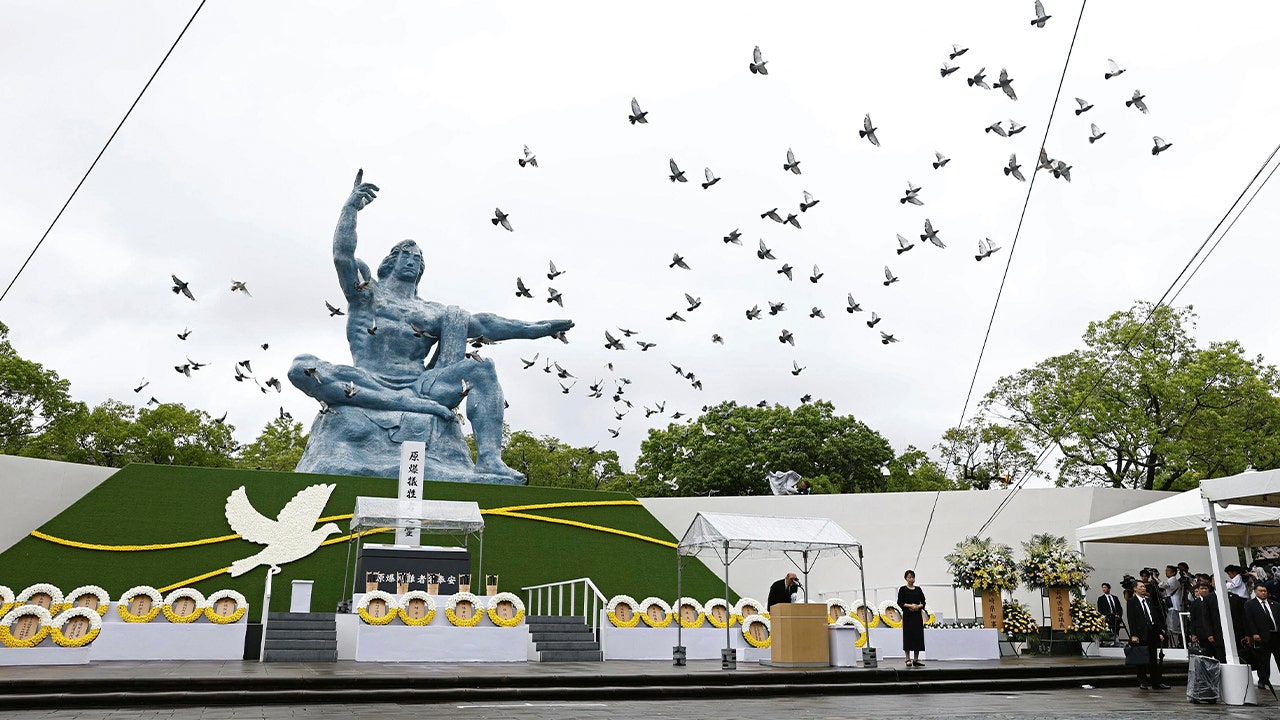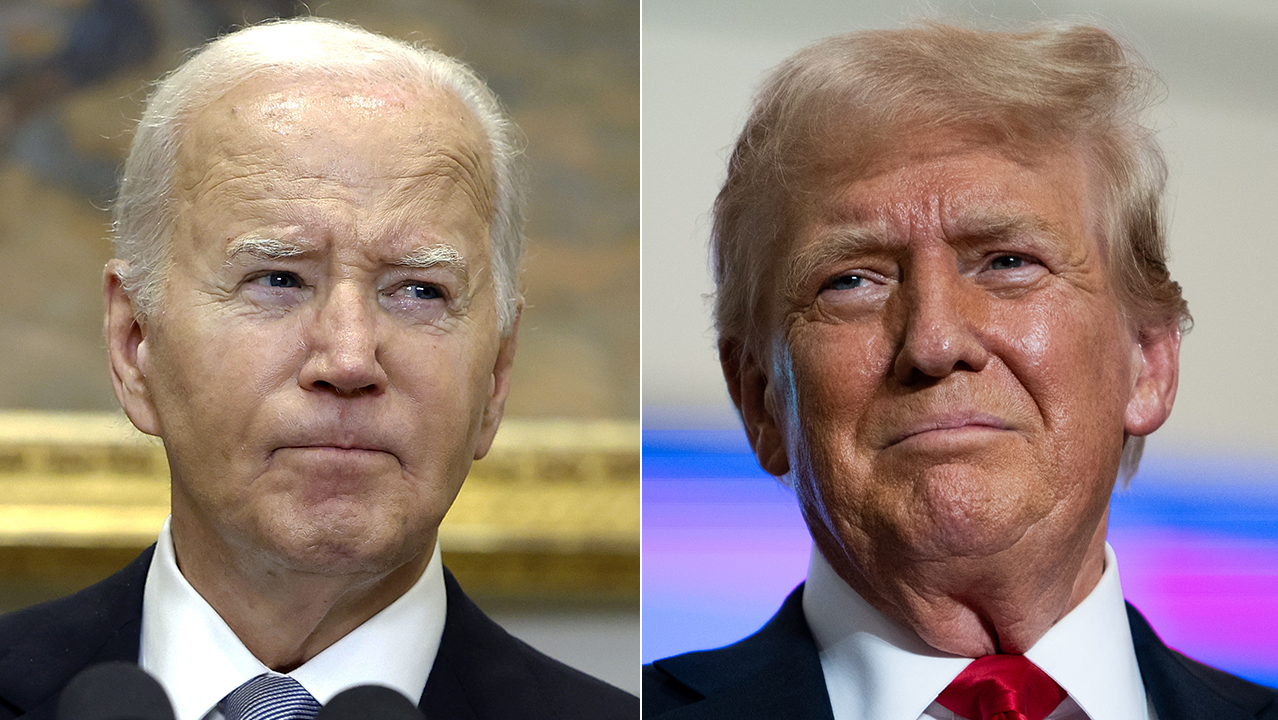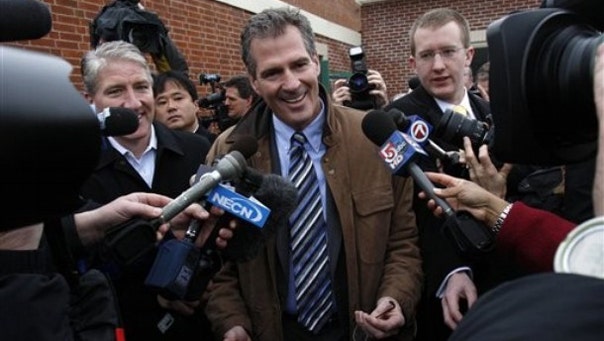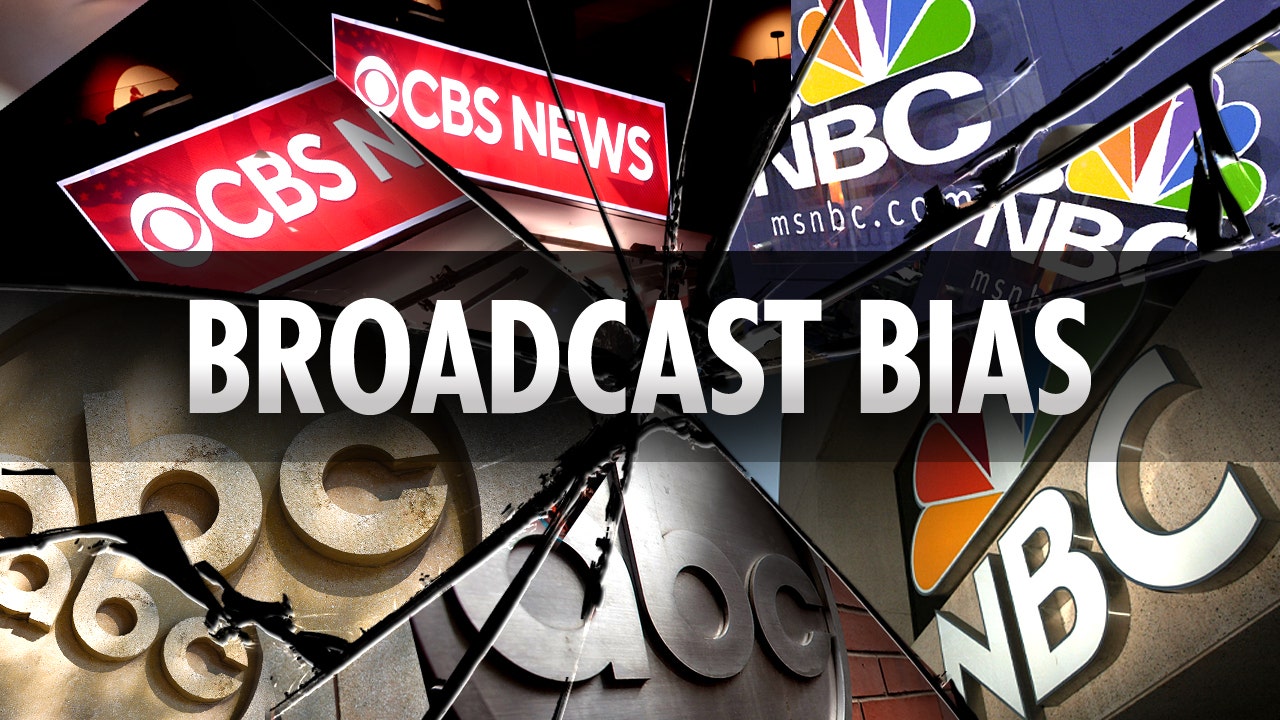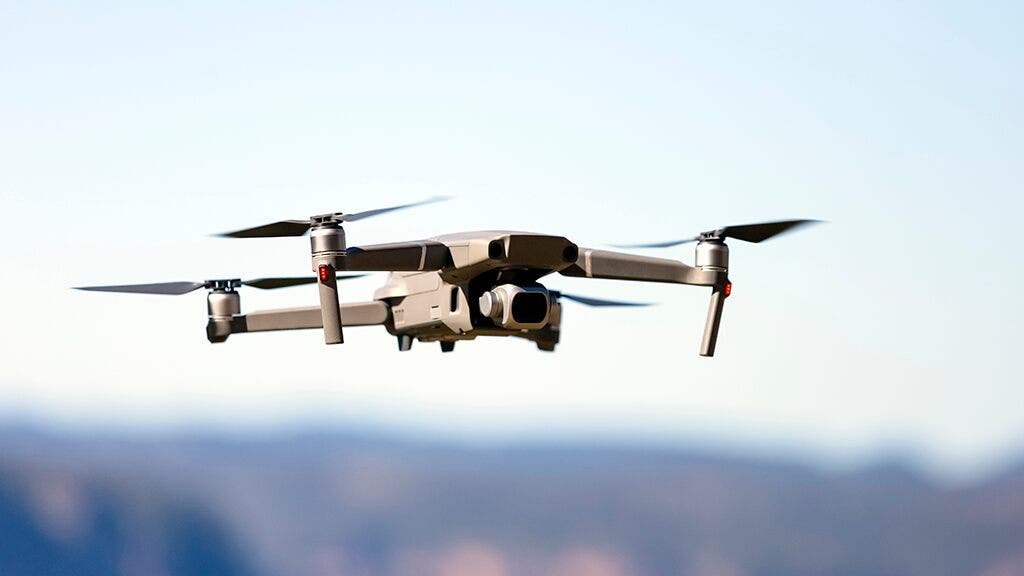Eighty years ago to the day, the most destructive war in human history drew rapidly to a close. The bill for Japan’s sneak attack on Pearl Harbor had come due as American forces closed in on the island nation, choking off its critical supply lines and bombing its cities into ash. An atomic bomb destroyed Hiroshima on Aug. 6, 1945. Another flattened Nagasaki on Aug. 9. Less than a week later, Emperor Hirohito announced Japan’s surrender.
Most serious historians regard the atomic bombings as a logical and regrettably necessary extension of a campaign to bombard Japan into surrender. A loud minority in the United States and elsewhere argues that they were gratuitous, and perhaps even criminal, acts of revenge. Some of this view’s adherents made waves in the recent Japanese election, provoking a fear that America’s strongest ally in Asia is about to head down a dark path. Thankfully, these fears are overstated.
Prime Minister Shigeru Ishiba’s polling is not good, so the ruling Liberal Democratic Party did not expect to fare well in the recent upper house elections. But instead of the left-leaning opposition benefiting, Sanseito picked up 13 seats. According to the polls, this new party (translated in English as “Japanese first”) has the second-highest approval rating.
As its name indicates, Sanseito is a populist upstart. It initially protested COVID-era lockdowns and vaccinations. This time, it campaigned against a “silent invasion of foreigners,” perpetrated by immigrants and tourists alike. It is hostile to China, and not afraid to break taboos—including the ultimate one in Japan. One candidate who won a seat in Tokyo said, “nuclear armament is one of the most inexpensive and effective measures to ensure safety.” Party leader Sohei Kamiya said, “I do not think we should immediately possess” nuclear weapons, but “we must not shy away from a discussion.”
There is plenty of darkness in Sanseito: Kamiya trumpeted that he would not “sell Japan out to Jewish capital.” (Like Tucker Carlson, he says he has Jewish friends and therefore is not an anti-Semite.) He also met this week with one of the leaders of Germany’s anti-American and Nazi-curious Alternative for Germany party. His brand of Japanese nationalism tends to hate America.
The election result raises concerns among many of Japan’s friends and neighbors. Right-wing Japanese claim absurdly that their country was a major victim of the war it started. Many fear that the sinister impulses that led to World War II could win out again.
But those fears are not yet warranted. Japan is a national version of punctuated equilibrium: It tends to prioritize stability until external threats force it to adjust course, then it does so rapidly. External threats are growing, so a change may come, but neither the geopolitical nor the internal dynamics are ripe for the sort of militarism that plunged Asia into mayhem and horror.
Japan’s descent into barbarism in China and across the Pacific is a twisted tale in both senses of the word, but a few important causes stand out. Its military establishment feared the empire was too small to prevail in a World War I-style attritional war against its potential rivals. The Soviet Union was rebuilding in the 1930s, China was practically in anarchy, and the United States was stuck in the Great Depression, so many in Tokyo saw an opportunity to gobble up parts of Asia while their country’s rivals were weakened.
Militarists suppressed the forces for peace at home. Gangs of military officers routinely assassinated their political opponents. One mutinous faction even started a war in Manchuria. Those who spoke out against further bloodshed were cut down.
That is not the situation in 2025. China and Russia once again threaten regional peace, as the Taiwanese show Zero Day Attack will dramatize for Japanese viewers on Aug. 15—the anniversary of Hirohito’s surrender announcement. And many in Tokyo fear the United States is growing too unstable to trust. But instead of threatening its weaker neighbors, Japan is deepening its security partnerships with like-minded countries, including Australia, India, and a few in Europe.
The domestic situation is not nearly so grim either. The Obama administration was preoccupied with fears of Japanese nationalism, and many of its members feared Shinzo Abe more than they did Xi Jinping. Abe took great pride in his country and its achievements, and he wanted his homeland to act more like a normal country than to wallow in the legacy of World War II. His kind of nationalism buttressed regional security, and it is alive and well in the better parts of Japanese society.
Japan’s friends should cheer for the country to choose new leaders who can bring out the best that the island nation has to offer. For Americans, the great threat is not Japanese strength, but weakness.
Read the full article here

